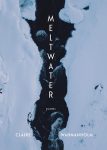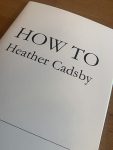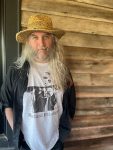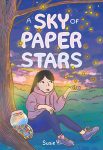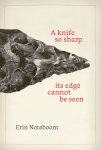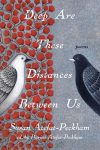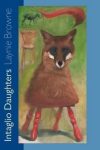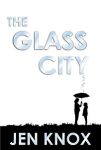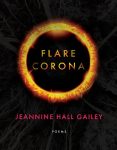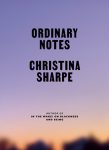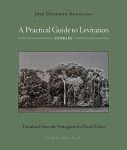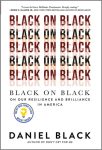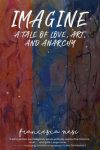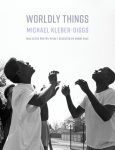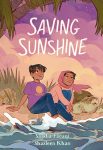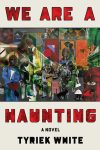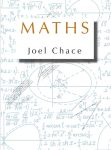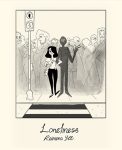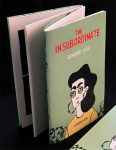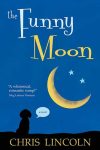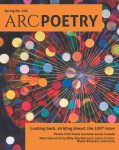
Guest Post by Kevin Brown
Let Us Descend, Jesmyn Ward’s latest novel, like other neo-slave narratives—Colson Whitehead’s The Underground Railroad, Toni Morrison’s Beloved, and Ta-Nehisi Coates’ The Water Dancer— uses the mystical and the magical in her portrayal of slavery. Annis is separated from her mother and sold further South into even more brutal conditions. One way she survives is by drawing on the spirits of wind, water, and earth, as well as her ancestors. However, Ward doesn’t use these supernatural elements to make Annis’ existence easier; in fact, Annis often argues with these spirits about what they have done and where they have failed her or her family. Annis must ultimately rely on herself and those around her in order to survive and find a way to exist in a brutal system that consistently tries to break every bond she has, including the one with herself. Ward focuses more on the psychological and emotional effects of slavery than she does the physical abuse, though that’s certainly present. She is more concerned with Annis’ inner life and her relationships with her family and others who are enslaved than she is with recreating the brutality of the system. She ultimately wants to celebrate the resilience of the human spirit rather than relying on the supernatural spirits to provide an unrealistic survival for Annis.
Let Us Descend by Jesmyn Ward. Scribner, October 2023.
Reviewer bio: Kevin Brown has published three books of poetry: Liturgical Calendar: Poems (Wipf and Stock); A Lexicon of Lost Words (winner of the Violet Reed Haas Prize for Poetry, Snake Nation Press); and Exit Lines (Plain View Press). He also has a memoir, Another Way: Finding Faith, Then Finding It Again, and a book of scholarship, They Love to Tell the Stories: Five Contemporary Novelists Take on the Gospels. Twitter @kevinbrownwrite

